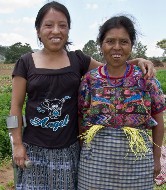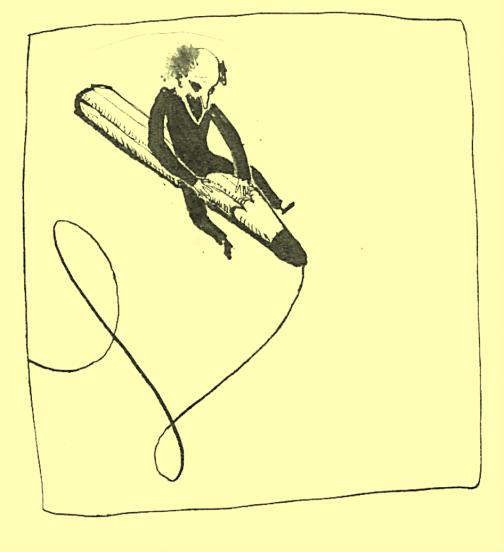Being disabled in Guatemala and the story of Paula García
 An incredible 14% of Guatemalans have a disability and yet Guatemala could be the worst place in the world to live with a disability. There is almost no government help and many people with disabilities live isolated lives hidden away from public view.
An incredible 14% of Guatemalans have a disability and yet Guatemala could be the worst place in the world to live with a disability. There is almost no government help and many people with disabilities live isolated lives hidden away from public view.
By Natalie Duffy in TAC Journal Issue 12
Those living with disabilities here must also face poverty, a combination which leads to terrible hardship. Most children with disabilities in Guatemala do not attend school; fewer than 2% of adults with disabilities are in work. But there is no DLA in Guatemala. Only a tiny minority of paraplegics have wheelchairs with most relying on being carried from one place to another by a family member.
Poverty and disability interact as a vicious circle. Low income, inadequate access to health services and unsanitary and unsafe living and working conditions mean increased vulnerability to disease and injury. In turn, disability intensifies the barriers faced by poor people and creates new and often insurmountable obstacles. The outcome is increased dependence on family members, vulnerability and insecurity, and a shift into deeper poverty. A major contributor to the high level of disability in Guatemala was the civil war, which lasted over 30 years. Thousands were left with disabling injuries, their plight compounded by the stigma attached to participants in the conflict.
Download the article here


 It is important to emphasise that effective listening can be an end in itself rather than just the means to an end – as it is usually seen.
It is important to emphasise that effective listening can be an end in itself rather than just the means to an end – as it is usually seen. The book explains how over a eight month period, Dimensions worked with a team of people living and working in a typical care home – 'Old Street' – to break down block contracts into Individual Service Funds to pilot the new approach.
The book explains how over a eight month period, Dimensions worked with a team of people living and working in a typical care home – 'Old Street' – to break down block contracts into Individual Service Funds to pilot the new approach.